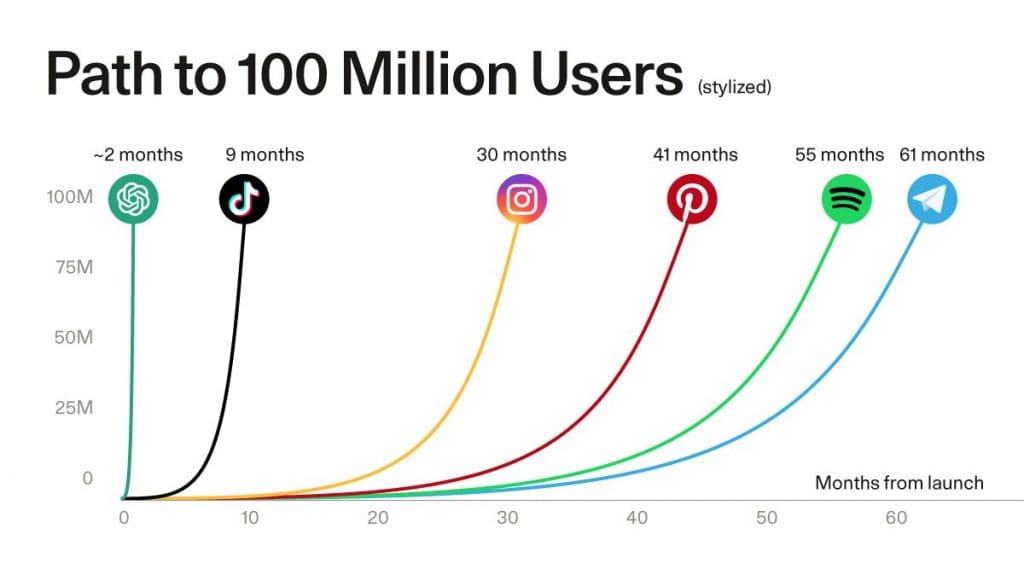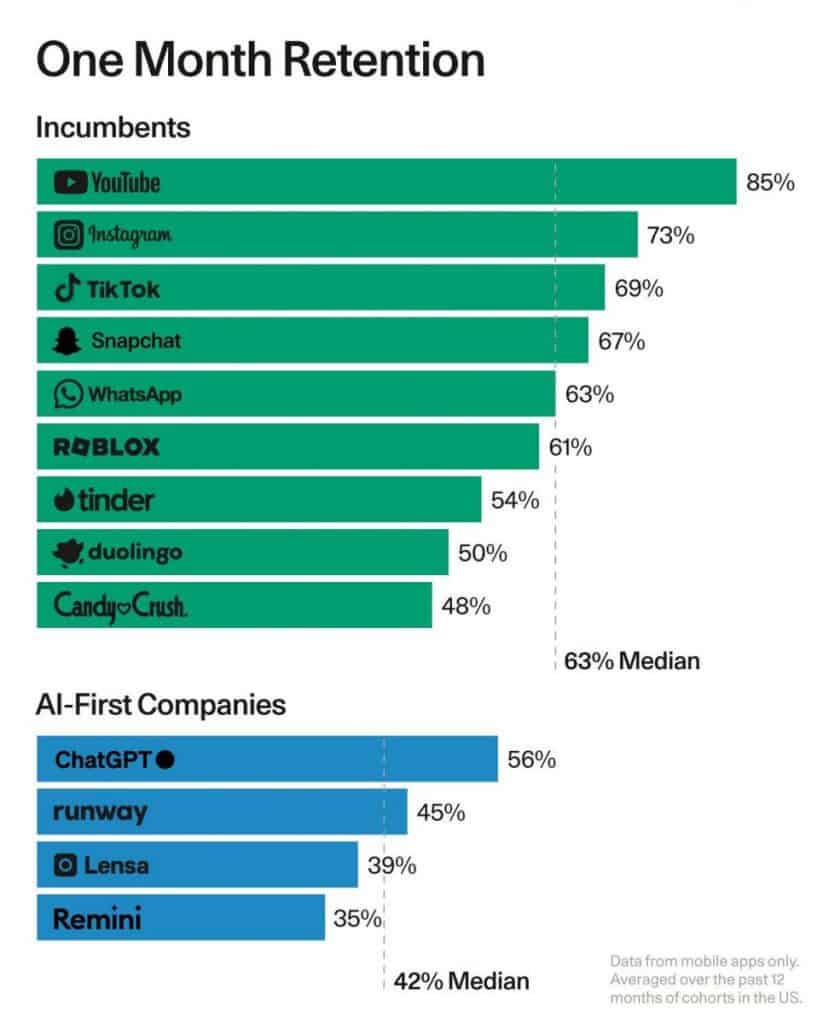AI Is Transitioning Towards Operating Systems, According to Sequoia Capital


The venture capital firm Sequoia investigated the GenAI market, shedding light on a significant change that has taken place in the AI industry. Although generative AI initially attracted a lot of user attention, it is now clear that these technologies have not yet proven to be indispensable daily tools.


The discussion is now shifting towards a perspective articulated by Andrey Karpathy, who suggests that AI, and Large Language Models (LLMs) in particular, are evolving into the “operating systems” of the future. In just a few years, AI has traced a development trajectory reminiscent of personal computers and smartphones, and it’s poised to replace them. Early manifestations of this transformative trend are already emerging:
The “AI Phone” Rumors
Speculation is rife that Jony Ive, the legendary designer behind the iPhone, is collaborating with Sam Altman, the head of OpenAI, on a groundbreaking “AI Phone” project. This initiative could signify a significant leap towards the integration of AI into our daily lives.
The Humane Project
Sam Altman’s investments extend to the Humane project, which recently unveiled a wearable gadget boasting an embedded AI assistant. This device goes beyond mere chatbot capabilities; it can answer questions, identify objects using its camera, and even project information onto nearby objects. Similar AI wearables have also been introduced by startups Rewind and Tab.
AI-Infused Fitness Coaching
Fitness tracker manufacturer Whoop has joined forces with OpenAI to introduce an AI coach for personalized health and fitness advice. This collaboration highlights the growing influence of AI in sectors beyond traditional tech domains.
The Era of Copilots
Microsoft’s CEO, in a recent address, emphasized that we are entering a new era marked by the advent of “CPs” or Copilots. These Copilots are poised to become integrated into operating systems and popular applications, revolutionizing the way we interact with technology.
Karpathy’s perspective is clear: treating LLMs as mere chatbots is akin to viewing early computers as basic calculators. We are witnessing the emergence of a new computing paradigm, one that holds the potential to give rise to a new generation of AI-driven devices. It’s a transformation that could see AI-equipped devices becoming commonplace in households, gradually supplanting the roles traditionally fulfilled by legacy computers and smartphones. The future appears to be unfolding in the form of AI operating systems, and the implications are nothing short of profound.
Read more related topics:
Disclaimer
In line with the Trust Project guidelines, please note that the information provided on this page is not intended to be and should not be interpreted as legal, tax, investment, financial, or any other form of advice. It is important to only invest what you can afford to lose and to seek independent financial advice if you have any doubts. For further information, we suggest referring to the terms and conditions as well as the help and support pages provided by the issuer or advertiser. MetaversePost is committed to accurate, unbiased reporting, but market conditions are subject to change without notice.
About The Author
Damir is the team leader, product manager, and editor at Metaverse Post, covering topics such as AI/ML, AGI, LLMs, Metaverse, and Web3-related fields. His articles attract a massive audience of over a million users every month. He appears to be an expert with 10 years of experience in SEO and digital marketing. Damir has been mentioned in Mashable, Wired, Cointelegraph, The New Yorker, Inside.com, Entrepreneur, BeInCrypto, and other publications. He travels between the UAE, Turkey, Russia, and the CIS as a digital nomad. Damir earned a bachelor's degree in physics, which he believes has given him the critical thinking skills needed to be successful in the ever-changing landscape of the internet.
More articles

Damir is the team leader, product manager, and editor at Metaverse Post, covering topics such as AI/ML, AGI, LLMs, Metaverse, and Web3-related fields. His articles attract a massive audience of over a million users every month. He appears to be an expert with 10 years of experience in SEO and digital marketing. Damir has been mentioned in Mashable, Wired, Cointelegraph, The New Yorker, Inside.com, Entrepreneur, BeInCrypto, and other publications. He travels between the UAE, Turkey, Russia, and the CIS as a digital nomad. Damir earned a bachelor's degree in physics, which he believes has given him the critical thinking skills needed to be successful in the ever-changing landscape of the internet.






















































